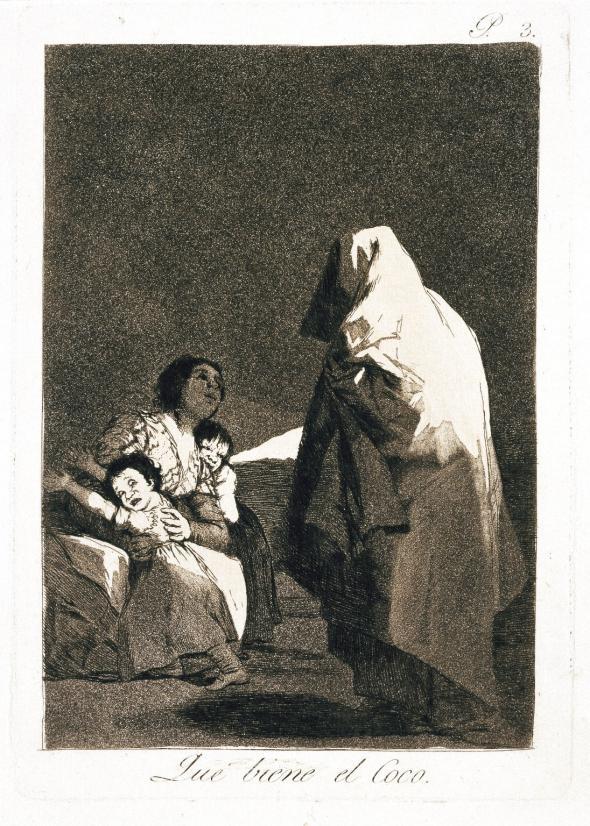On Wednesday afternoon, a new Fox News poll reported that Donald Trump now leads Hillary Clinton nationwide, by 3 percentage points. Isaac Chotiner knows the caveats—“what can a single poll tell us in a long election cycle that itself has become an unpredictable freak show?”—but thinks a little fear is, nonetheless, warranted. “A bigoted know-nothing could truly be our next president,” Chotiner writes. “To argue that Americans should be anything less than terrified is itself irresponsible.”
The Supreme Court, left short-handed with only eight justices, is much the worse for wear, writes Dahlia Lithwick. “You can characterize the current court, with its set of equally terrible choices—between deadlocking 4–4 on some major cases and deciding not to decide others until a sunnier, fully staffed future day—as dysfunctional, or broken, or crippled, or as losing its collective will to live,” Lithwick writes. “Or you can see this as a refreshing act of judicial avoidance and restraint. … But whether you find yourself grateful that the eight-member court is hobbled or worried about it, hobbled the current court is.”
After a group of researchers scraped up a dataset using open profiles on OkCupid, they argued that the data was “public” and therefore fair game. Not so, writes professor of law Woodrow Hartzog. “This justification is fundamentally wrong. Not just because we should be able to expect a certain amount of privacy in public, but because, despite frequency of use and seeming self-evidence, we actually don’t even know what the term public even means,” Hartzog argues. “It has no set definition in privacy law or policy.”
Corporate compliance trainings meant to teach ethical standards of conduct feel like an insult to the intelligence of any employee—and, writes L.V. Anderson, they don’t actually work. How did we get here? “Regulators, managers, and employees are caught in a vicious cycle,” Anderson reports. “Regulators pressure companies to implement training programs in hopes of reducing corporate crime and malfeasance. Executives implement training programs in hopes of protecting themselves against lawsuits and prosecution. Employees see through executives’ motivations and ignore, or even rebel against, the lessons of the trainings.”
Rakesh Satyal would like to convince you that Grey’s Anatomy, now in an unbelievable 12th season, is so much better than you’re giving it credit for being. “Grey’s Anatomy—both the show itself and the narrative that it tells—is the story of a business, well-run and successful despite the numerous challenges it has faced,” Satyal argues. “And to tell this story, Grey’s has kept evolving creatively over time.”
For fun: Neal Cassady’s long-lost 40-page 1950 letter to Jack Kerouac, which sent Kerouac into a frenzy of literary appreciation, is going up for auction at Christie’s in June. You can read fragments of the typewritten manuscript here.
Gaping gulping grasping gone,
Rebecca
